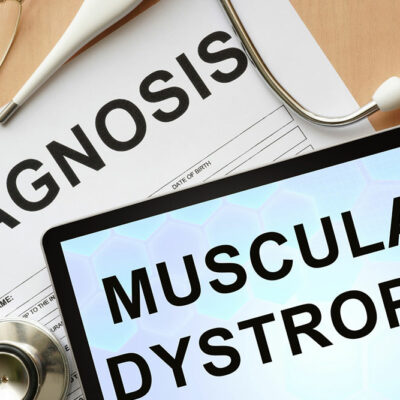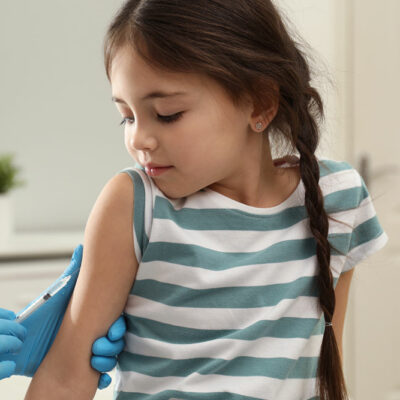
Muscular dystrophy – Warning signs and management
Muscular dystrophy is a group of genetic disorders that lead to progressive muscle weakness and degeneration. While there is currently no cure for muscular dystrophy, early detection of the health issue can pave the way for treatment alternatives that can significantly improve the quality of life for affected individuals. But first, it’s important to understand the symptoms of the condition. Hence, here are some early warning signs and treatment alternatives associated with muscular dystrophy. Early warning signs Muscle weakness One of the earliest signs of muscular dystrophy is muscle weakness. Children may have difficulty standing up from a seated position, walking, or lifting objects. This weakness typically starts in the hips and legs. Delayed motor skills Children with muscular dystrophy may experience delays in reaching developmental milestones such as crawling and walking. Parents may notice that their child is not progressing as expected. Frequent falls Due to muscle weakness and poor balance, affected individuals often experience frequent falls, especially when walking or running. Contractures Muscular dystrophy can cause joint contractures, where the muscles and tendons become tight and restrict movement. This can lead to a limited range of motion in joints. Treatment of muscular dystrophy Physical therapy Physical therapy plays a crucial role in managing muscular dystrophy.
Read More 





